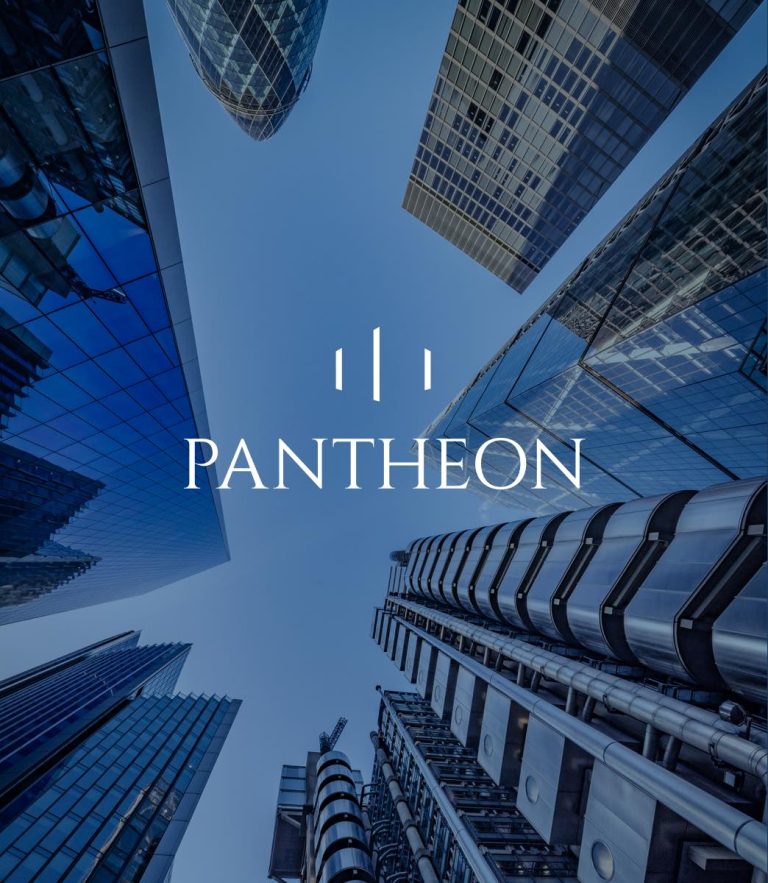In our 6 September initiation report on Pantheon International (11.9% average annual NAV growth since 1987, PIP, ticker PIN), we noted i) PE funds earn better returns than quoted companies, ii) PIP is investing in the right parts of the PE market, iii) the benefits from being in the Pantheon family, and iv) a structured fund selection process. PIP gives investors access to the whole PE market, with strong corporate governance. In this note, we explore the impact of holding PIP on a range of portfolios, across a range of scenarios; we conclude that performance would be improved and significantly less volatile. There are risks (see below), but the discount makes the risk/reward anomalous, in our view.
- Value-added: Over five years, replacing 10% of the benchmark/portfolio with PIP’s share price would have seen improved average monthly performance returns: FTSE 100 1.16x, FTSE 250 1.08x, S&P 500 GBP hedged 1.05x, PI Global Growth 1.01x, PI Growth 1.06x, and FTSE 350 Equity Investments 1.03x.
- Lower volatility: The same analysis saw significantly reduced monthly volatility against all these benchmarks: FTSE 100 91% of benchmark volatility, FTSE 250 93%, S&P 500 GBP Hedged 92%, PI Global Growth 93%, PI Growth 96%, and FTSE 350 Equity Investments 97%. Using PIP’s NAV further reduces volatility.
- Valuation: PIP currently trades at an 18% discount to NAV, despite its long-term outperformance. We outline why the “real” NAV is likely to be above the accounting value, making the discount higher than the public number. PIP re-invests returns for superior capital growth, and does not pay a dividend.
- Risks: Sentiment to the economic cycle is material (we note PIP’s NAV rose every year in the early 1990s’ recession). Even though PIP has permanent capital and proven uplifts on exit, market sentiment to investments with illiquid and unquoted shares is adverse. Sentiment to the sustained discount may be an issue, and there can be short-term, forex exchange-related volatility.
- Investment summary: PIP is in an attractive market, can pick the best part of that market and has competitive operational advantages. Its manager selection and portfolio structuring have added value. Corporate governance appears strong, and the “real” value of the assets is, we believe, above their accounting value. Investors are getting liquid access to the whole PE market. There are risks around the cycle, and illiquid and unquoted underlying assets, but comparing these with the historical returns makes the current discount an anomaly, in our view.








































